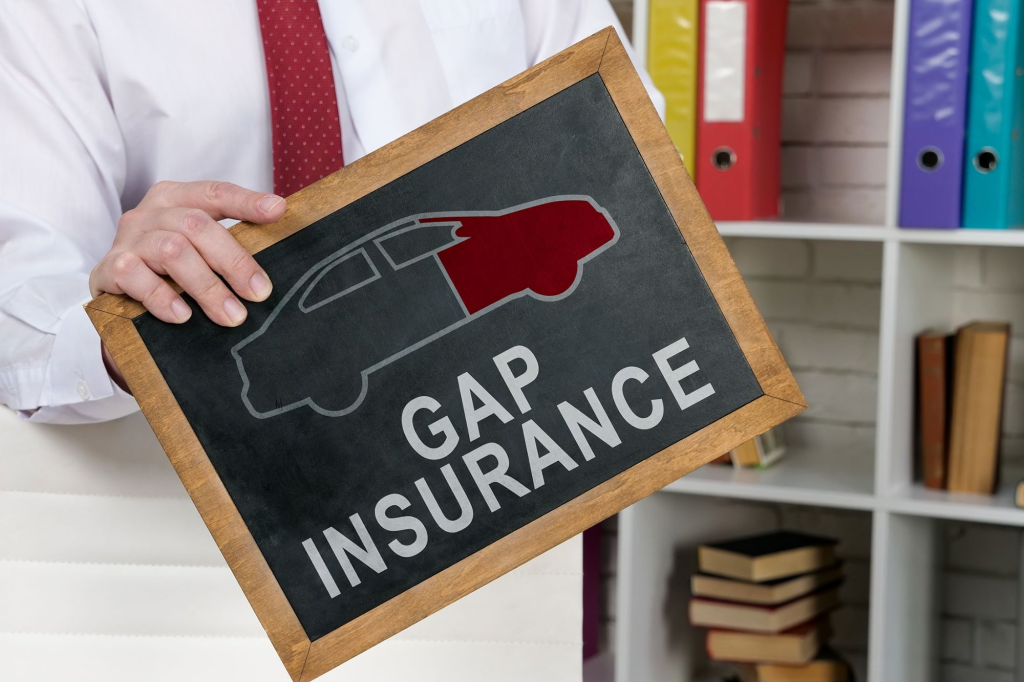Gap Insurance Explained: Bridging the Gap
In a world where unexpected events can take a toll on your finances, Gap Insurance is your safety net. This article will comprehensively explain Gap Insurance, its importance, and how it bridges the gap between the actual cash value of your vehicle and what you owe on it. By the end of this article, you’ll be equipped with the knowledge you need to make informed decisions about Gap Insurance.
Introduction
Gap Insurance, also known as Guaranteed Asset Protection Insurance, is a financial safeguard that protects you in the event of a total loss of your vehicle. It covers the “gap” between what your car is worth at the time of the loss and the amount you still owe on your auto loan or lease. Let’s delve deeper into the intricacies of Gap Insurance.
What is Gap Insurance?
Gap Insurance serves as a financial shield, ensuring you aren’t left with a hefty loan balance after a car accident. When your vehicle is declared a total loss due to theft or a collision, your regular auto insurance will only pay you the current market value of the car. However, this amount might not be sufficient to cover your outstanding loan or lease balance. That’s where Gap Insurance comes into play.
Why Do You Need Gap Insurance?
- Depreciation Reality: New cars lose value quickly. In the first few years, the depreciation rate can be steep. If your car is totaled during this time, your regular insurance may not cover the full cost of replacing it.
- Financing Gap: If you financed your vehicle with a low down payment or an extended loan term, you likely owe more than the car’s value in the early years. Gap Insurance ensures you’re not stuck with the remaining balance.
- Lease Protection: If you’re leasing a vehicle, Gap Insurance is often required. It safeguards you from the financial burden of the car’s depreciation.
How Does Gap Insurance Work?
Gap Insurance kicks in when your standard auto insurance settles a claim for a total loss. It covers the difference between the car’s actual cash value (ACV) and the outstanding balance on your loan or lease. Here’s a simplified example:
Suppose you owe $25,000 on your car, but its ACV is only $20,000 when it’s declared a total loss. Without Gap Insurance, you’d be responsible for the $5,000 difference. However, with Gap Insurance, that $5,000 gap is covered, and you won’t face a financial setback.
Benefits of Gap Insurance
Gap Insurance offers several benefits:
- Peace of Mind: You won’t have to worry about paying off a loan for a car you no longer have.
- Financial Security: It protects your finances from unexpected depreciation or accidents.
- No Out-of-Pocket Expenses: Gap Insurance ensures you’re not left with unexpected expenses.
Is Gap Insurance Right for You?
Whether Gap Insurance is right for you depends on your individual circumstances. Consider the following factors:
- Loan/Lease Terms: If your loan term is long, Gap Insurance is beneficial.
- Vehicle Value: High depreciation vehicles are more suitable for Gap Insurance.
- Down Payment: A small down payment may create a financing gap.
Gap Insurance Explained: Bridging the Gap
Gap Insurance is your financial safety net, bridging the gap between what you owe on your vehicle and its actual cash value. Don’t wait until it’s too late; protect your financial well-being with Gap Insurance.
FAQs
Q: Can I purchase Gap Insurance for a used car? A: Yes, you can often purchase Gap Insurance for used cars. It’s advisable if you owe more on the vehicle than its current value.
Q: Is Gap Insurance the same as regular auto insurance? A: No, Gap Insurance and regular auto insurance serve different purposes. Gap Insurance covers the “gap” between your car’s value and your loan/lease balance.
Q: Can I cancel Gap Insurance? A: Yes, you can usually cancel Gap Insurance if you no longer need it, such as when you’ve paid down your loan balance significantly.
Q: Is Gap Insurance required by law? A: Gap Insurance is not a legal requirement, but it’s often required by lenders or lessors when you finance or lease a vehicle.
Q: Can I purchase Gap Insurance after buying my car? A: Yes, you can often purchase Gap Insurance after buying your car, but it’s best to do so at the time of purchase for better rates.
Q: How much does Gap Insurance cost? A: The cost of Gap Insurance varies, but it’s typically a one-time fee or a monthly premium added to your auto insurance policy.
Conclusion
In the unpredictable world of auto accidents and unexpected depreciation, Gap Insurance is your financial lifeline. It ensures you don’t get caught in a financial bind when your vehicle is declared a total loss. Now that you’ve read this comprehensive guide, you’re well-equipped to make an informed decision about Gap Insurance. Protect your financial future and bridge the gap between your car’s value and your loan balance with this valuable insurance coverage.
